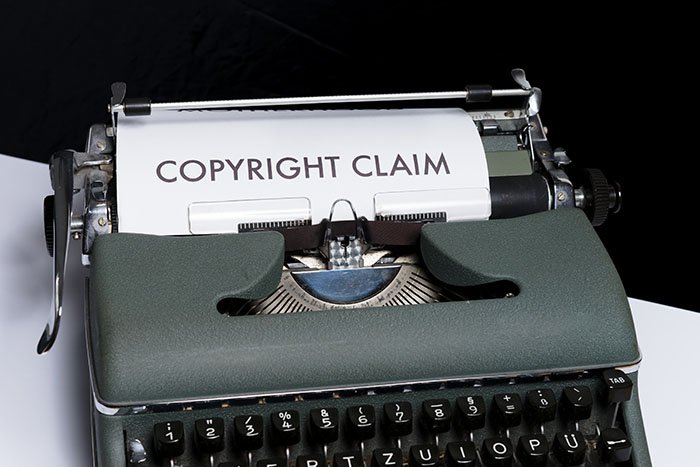By Putu Doni WD, Seven Stones Indonesia
Indonesia has adopted something called the first-to-file system in its Trademark Law, which basically means the protection of a trademark is granted to the first applicant to file, and then successfully receive registration for that application. Despite this however, a trademark owner should always remain vigilant of “trademark squatters”, who attempt to register an identical or confusingly similar mark, which could potentially mislead customers in the market.
In light of this, the Indonesian Trademark Law (Law No. 20 of 2016 on Mark and Geographical Indication “MGI”) provides the opportunity for third parties, including registered trademark owners, to oppose trademark applications, which they think may harm their rights if registered.
Opposition can be submitted at anytime during the two-month publication period, which must be in writing and submitted to the Directorate General of Intellectual Property (DGIP). The submission of opposition can now be done electronically through a system managed by the DGIP and is later forwarded to the applicant. The applicant on the other hand has a chance to argue by filing a written rebuttal. Both, opposition and rebuttal are collectively taken into account by trademark examiners during the substantive examination stage.
There are a few grounds of opposition, ranging from being identical or very similar with a prior trademark application or registration of the opposing party, to contradicting prevailing laws and regulations. Bad faith can also be a reason to oppose if the opposing party has discovered any indication of bad faith from the applicant in filing the mark. Whatever the reason is, the opposing party is advised to prepare significant evidence to complement their arguments highlighted in the opposition. If someone argues that an application has to be refused it’s virtually the same as the well-known mark of the opposing party, then the opposing party needs to file relevant evidence to show proof, such as crowded registration of the mark in other countries around the world and massive promotion of the mark globally.
Filing an opposition does not always result in favorable outcomes however. Results are unpredictable as they mainly rely on the examiners’ subjective discretion. It is worth noting that filing an opposition during the application stage is important for the proprietor of registered marks in defending their right, and could be more cost-effective. This is because the only resource left if a confusingly-similar mark is registered, is by filing a cancellation lawsuit to the Commercial Court, which is complicated, time-consuming and expensive.
If you’d like more advice or a private consultation regarding your trademark, get in touch with us today through [email protected]


